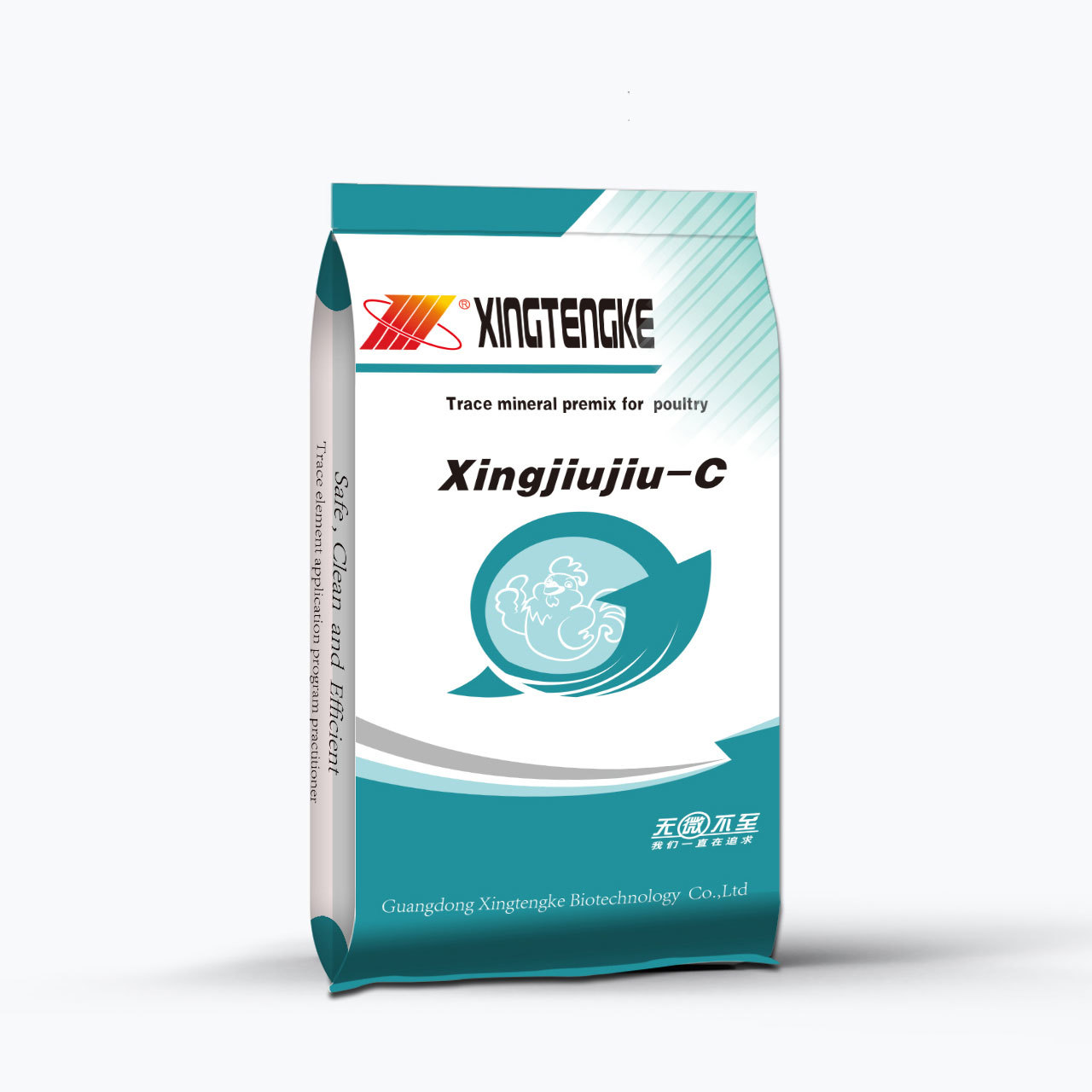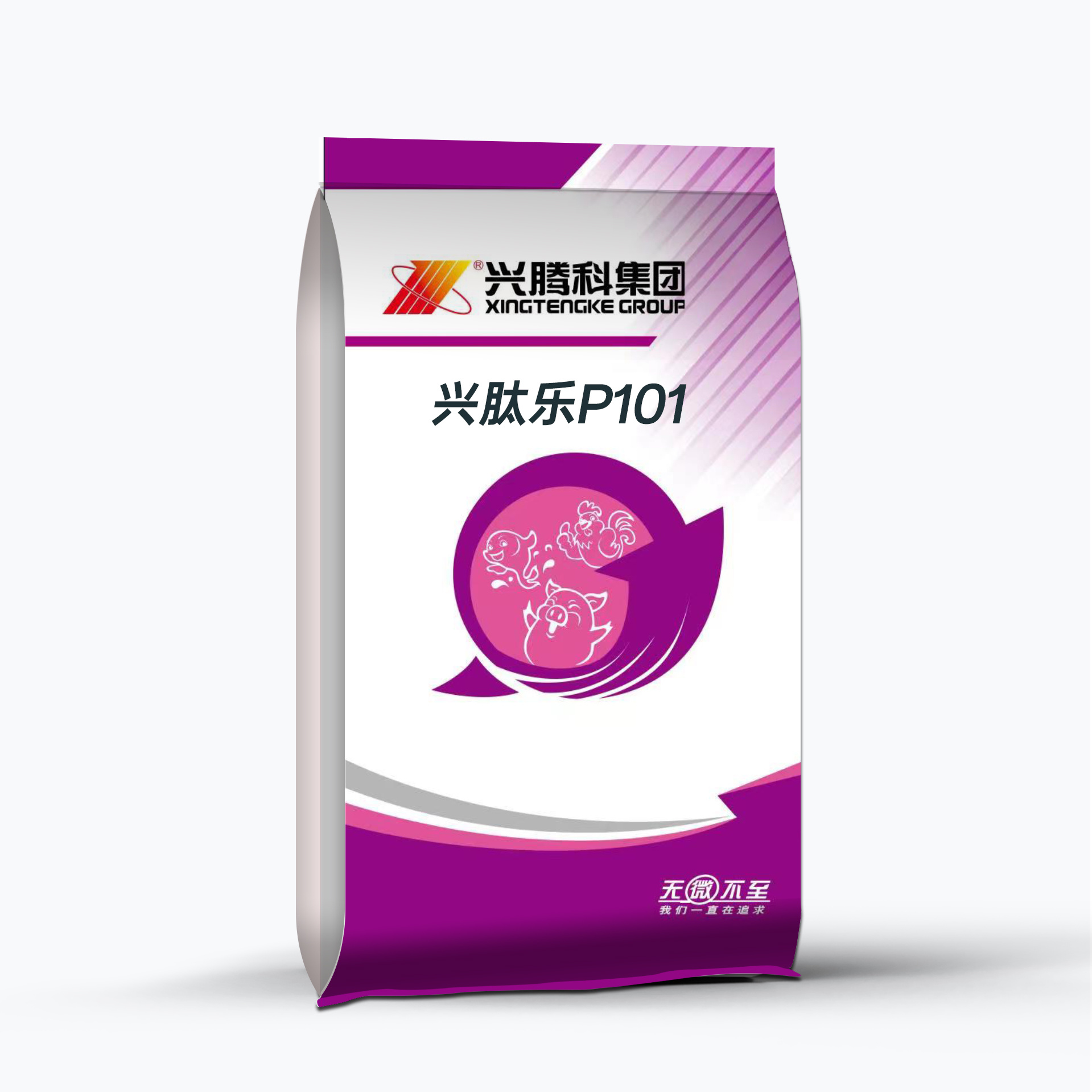The Power of Peptide Chelated Trace Minerals: Enhancing Health Through Bioavailability
Release time:
2025-07-18 19:40
Source:
Peptide chelated trace minerals are a fascinating topic in the realm of nutrition and health. These specialized minerals are bound to peptides, which are short chains of amino acids, creating a more bioavailable form of essential trace elements. This means that the body can absorb and utilize these minerals more efficiently than traditional mineral supplements.
Trace minerals, such as zinc, selenium, copper, and manganese, play crucial roles in various physiological functions. They are involved in enzyme reactions, immune function, and the maintenance of healthy skin and hair. However, the bioavailability of these trace minerals can often be limited due to factors such as the presence of other dietary components or the mineral's inherent properties. This is where peptide chelation comes into play.
The process of chelation involves bonding the mineral to a peptide, which protects it from potential interactions with other substances in the digestive tract. This bond not only enhances the solubility of the minerals but also allows them to be more readily absorbed into the bloodstream. As a result, peptide chelated trace minerals can lead to improved health outcomes, particularly for individuals who may have deficiencies or increased nutritional needs.
One of the primary advantages of using peptide chelated trace minerals is their ability to reduce gastrointestinal discomfort often associated with mineral supplementation. Traditional mineral forms, such as oxides or sulfates, may cause nausea or constipation. In contrast, the gentle nature of peptide chelation can minimize these side effects, making it easier for individuals to maintain their mineral intake.
Moreover, peptide chelated trace minerals are especially beneficial for those with specific dietary restrictions, such as vegetarians or vegans, who may struggle to obtain sufficient amounts of these essential nutrients. By utilizing these advanced minerals, individuals can support their overall health and well-being without the worry of mineral deficiencies.
In summary, peptide chelated trace minerals represent a significant advancement in the field of nutrition. They enhance the bioavailability of essential trace elements, improve absorption rates, and reduce the risk of gastrointestinal discomfort. As more research emerges highlighting their benefits, these minerals are likely to play an increasingly important role in dietary supplements and nutritional formulations, offering a promising avenue for those seeking to optimize their health and nutritional status.
Trace minerals, such as zinc, selenium, copper, and manganese, play crucial roles in various physiological functions. They are involved in enzyme reactions, immune function, and the maintenance of healthy skin and hair. However, the bioavailability of these trace minerals can often be limited due to factors such as the presence of other dietary components or the mineral's inherent properties. This is where peptide chelation comes into play.
The process of chelation involves bonding the mineral to a peptide, which protects it from potential interactions with other substances in the digestive tract. This bond not only enhances the solubility of the minerals but also allows them to be more readily absorbed into the bloodstream. As a result, peptide chelated trace minerals can lead to improved health outcomes, particularly for individuals who may have deficiencies or increased nutritional needs.
One of the primary advantages of using peptide chelated trace minerals is their ability to reduce gastrointestinal discomfort often associated with mineral supplementation. Traditional mineral forms, such as oxides or sulfates, may cause nausea or constipation. In contrast, the gentle nature of peptide chelation can minimize these side effects, making it easier for individuals to maintain their mineral intake.
Moreover, peptide chelated trace minerals are especially beneficial for those with specific dietary restrictions, such as vegetarians or vegans, who may struggle to obtain sufficient amounts of these essential nutrients. By utilizing these advanced minerals, individuals can support their overall health and well-being without the worry of mineral deficiencies.
In summary, peptide chelated trace minerals represent a significant advancement in the field of nutrition. They enhance the bioavailability of essential trace elements, improve absorption rates, and reduce the risk of gastrointestinal discomfort. As more research emerges highlighting their benefits, these minerals are likely to play an increasingly important role in dietary supplements and nutritional formulations, offering a promising avenue for those seeking to optimize their health and nutritional status.
peptide chelated trace minerals
Pre
Pre









